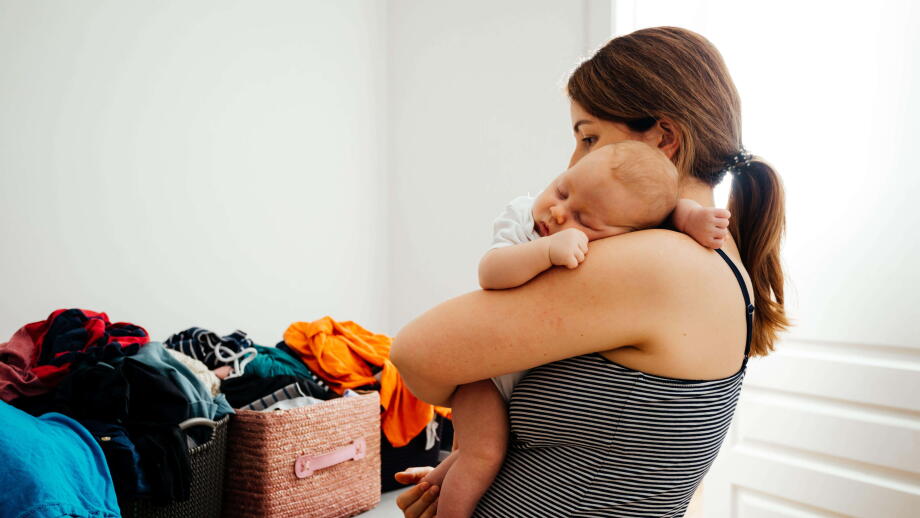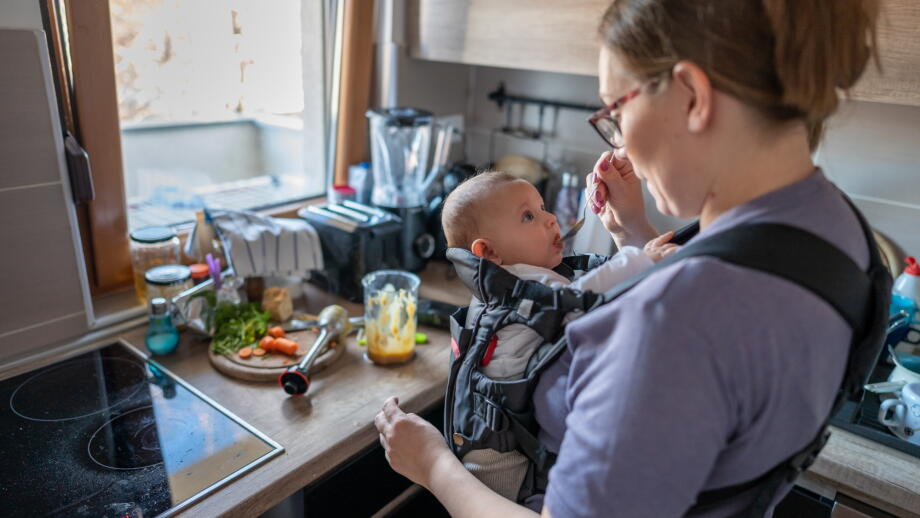In Short:
Led by The Global Institute for Women’s Leadership (GIWL) at the Australian National University, in partnership with Investing in Women, and local research partners, the study addresses knowledge and policy gaps around care systems, with a strong emphasis on promoting gender equality and inclusive economic development.
Overview
With the aim of understanding future care demand, this research applies an intersectional feminist lens across three domains of care, including childcare, care for older people, and care for persons with disabilities. Building on an earlier landscape analysis, a mixed methods approach was applied with qualitative and quantitative data collected between October 2024 and August 2025, including 335 participants across interviews, focus groups, and validation workshops. Data was triangulated with secondary data using national and international statistics and policy documents.
This report underscores the urgent need for governments and the private sector to plan for future care demands through a gender-transformative lens. Ultimately, transforming care from an undervalued domestic burden into a recognised pillar of economic and social infrastructure will be essential for fostering resilience, productivity, and equality across the three countries.
Report highlights
Key findings of the report include four aspects:
- The future care landscape in Indonesia, the Philippines, and Vietnam is shaped by rapid and complex demographic, social, and economic transitions.
- Caregiving remains primarily informal and family-based, shaped by economic necessity, cultural expectations, and limited state support.
- Institutional responses to rising care demand remain uneven but show promising developments.
- Meeting future care demands requires coordinated action from governments, the private sector, and communities, supported by clear policy frameworks and targeted investment.
Watch the webinar
We launched this report at a webinar hosted by GIWL in partnership with Investing in Women (IW), an initiative of the Australian Government. This panel brought together experts from GIWL, SMERU, PIDS, and MDRI for insights and discussion on how Southeast Asia can create stronger, more equitable care systems that benefit families, societies, and economies alike. You can watch the recording below.
You can access the slide deck from the research presentation section of this webinar here.
Contact
Elise Stephenson
Deputy Director
Climate change, Intersectionality & identity, Politics & international affairs, The space sector, Youth engagement
You may also like
The precarity of progress
During the Covid-19 pandemic, households around the world experienced a shift toward a more traditional division of household labour – one where women took greater responsibility for household tasks…
Progressing paid parental leave
Our recommendations for the Paid Parental Leave Amendment (Improvements for Families and Gender
Equality) Bill 2022
How do you approach dating men on the apps?
We want to understand how gender dynamics play out on dating apps, and how much gender equality beliefs influence people's decisions about who and how they date.
So if you are…




